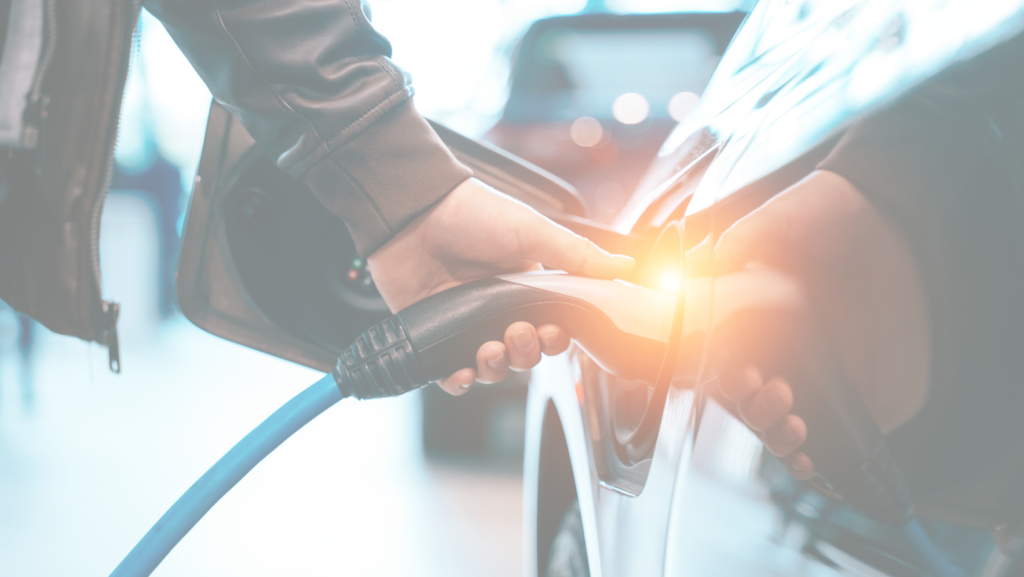Determining the exact charging time for an electric car is as variable as the time it takes to traverse a country – it could be as quick as a plane ride or as slow as a walk. This variability stems from numerous factors, including seemingly minor ones like the length of the charging cable, making a definitive answer elusive. However, some general guidelines do exist.

A vehicle’s charging duration primarily hinges on three factors: the power source, the electric vehicle charger’s capacity, and the size of its battery. Environmental conditions also influence charging times, with extreme hot or cold temperatures potentially prolonging the process.
Factors That Affect Charging Time
1. Charging Station:
The charging duration for electric vehicles (EVs) varies dramatically, ranging from minutes to days, depending on the power source. EV charging stations fall into three categories: Level 1, typically a home outlet, is the slowest, taking about 40 hours to charge a standard EV fully.
Level 2 EV chargers significantly reduce this time, offering 15-25 km of range per hour. Most EVs can be fully charged overnight or during a workday, making these chargers ideal for home or office use.
On the other hand, level 3 electric vehicle chargers represent the pinnacle of speed, with a broad spectrum of power outputs. These chargers, which use direct current (DC), are more expensive and thus are commonly found in public electric vehicle charging stations. Some can recharge an empty battery in as little as 30 minutes. Many Level 3 chargers are designed to deliver more power than current EV batteries can handle, indicating a promising future for even shorter charging times.
2. EV Battery Capacity:
EV batteries vary significantly in terms of their range of capabilities. While some budget-friendly electric vehicles offer a sufficient range for daily commuting, luxury models can match or surpass the range of many conventional fuel cars. However, it’s important to note that larger batteries require longer charging times. On the upside, the growing demand for larger battery capacities is driving the development of quicker charging solutions. Charger capacity is another critical element influencing the time it takes to charge an EV.
3. EV Charger Capacity:
The charging process for an EV involves a charger within the vehicle attached to the battery, which converts power from the charging station. The charging duration is influenced by the size of both the battery and the onboard charger, measured in kWh. A large battery with a small charger will take longer, regardless of the charging station’s power. Consequently, luxury EVs with substantial batteries often come equipped with high-capacity onboard EV chargers, enabling faster power conversion and charging from the electric vehicle charging station.
4. Other Factors:
Several factors, such as temperature, time of day, and the desired charge level, also affect an electric car’s charging time. Extreme temperatures, both low and high, can prolong charging. Furthermore, the time of day matters due to potential grid congestion, which might extend the charging duration. Additionally, many EV manufacturers advise maintaining the battery within an optimal range to prolong its lifespan, meaning full charges are only sometimes necessary or recommended. This practice can reduce charging times when a full range isn’t required.
EV manufacturers also encourage EV owners to charge their cars through AC chargers, prolonging the battery’s life span.
Charging an EV To Suit Your Needs
The various factors influencing EV charging time lead to an essential consideration: what do you expect from your electric car? For many existing EV owners, the charging duration isn’t a significant issue; some even prefer the new refuelling routine. Consider the convenience of avoiding fuel stations. Instead of dealing with traffic and dirty fuel pumps post-work, you can simply plug in your EV at home, timing the charge for when electricity rates are lowest. Plus, you can charge just enough for your daily needs, saving money by not overcharging.
When selecting an EV for road trips, it’s crucial to pick one that aligns with your travel preferences. With the advancement in EV ranges and the efficiency of onboard chargers, charging times on extended journeys are longer compared to conventional petrol/diesel vehicles refuelling but provide an opportunity for a relaxing break to stretch, use amenities, or enjoy a snack and it is an ECo-friendlyprcoess too. Additionally, the availability of portable EV chargers adds convenience, offering a charging solution on the go. This convenience is a key factor to consider while planning road trips with an electric vehicle.


